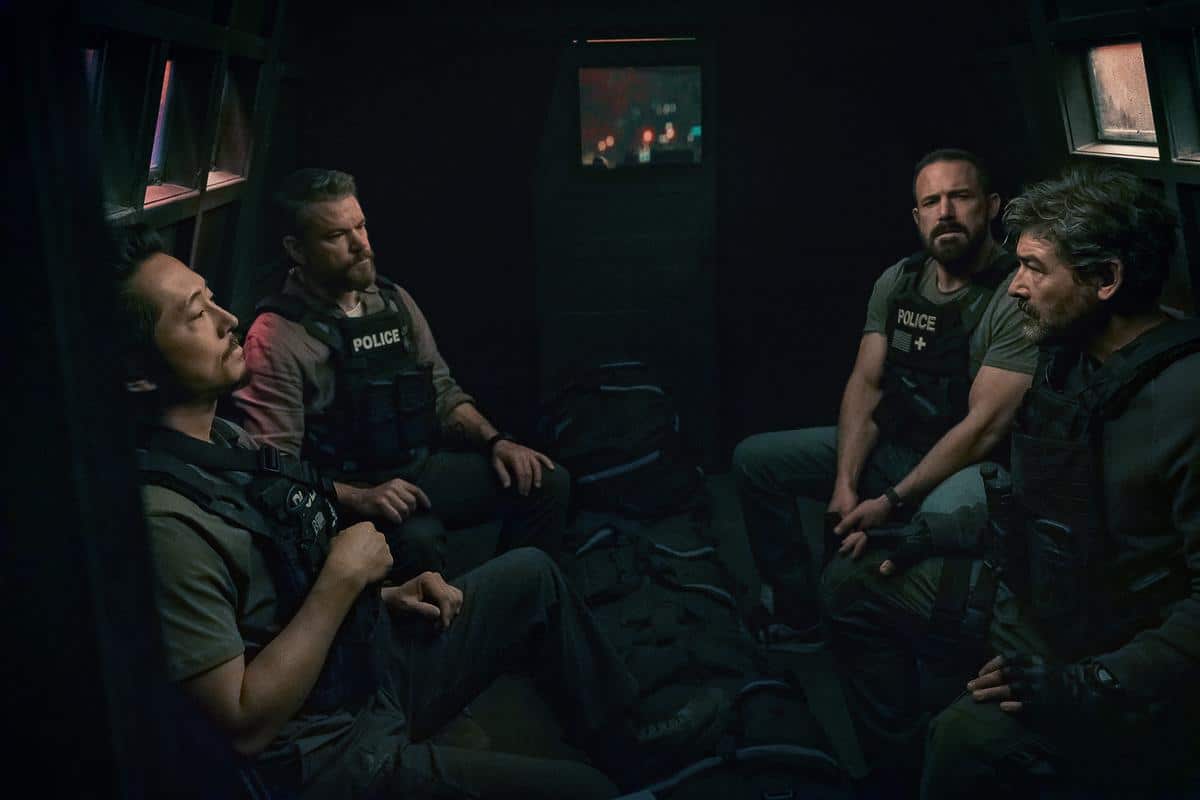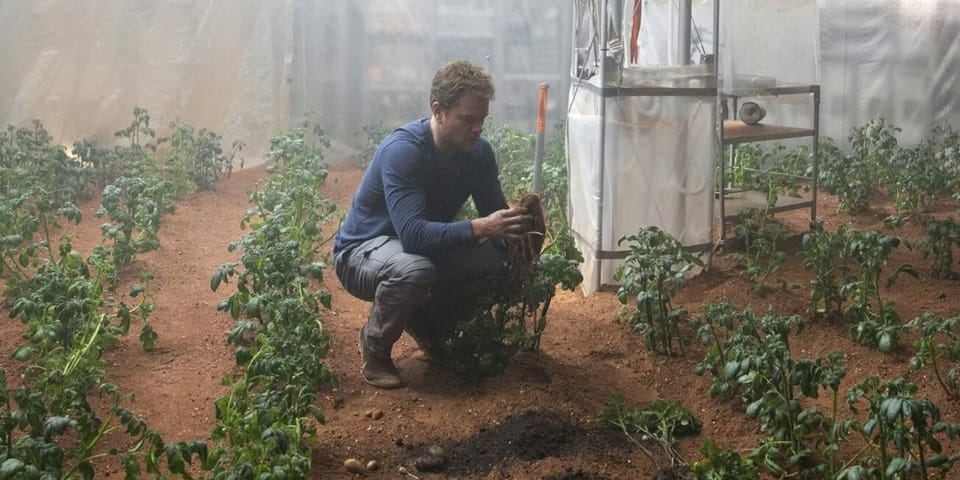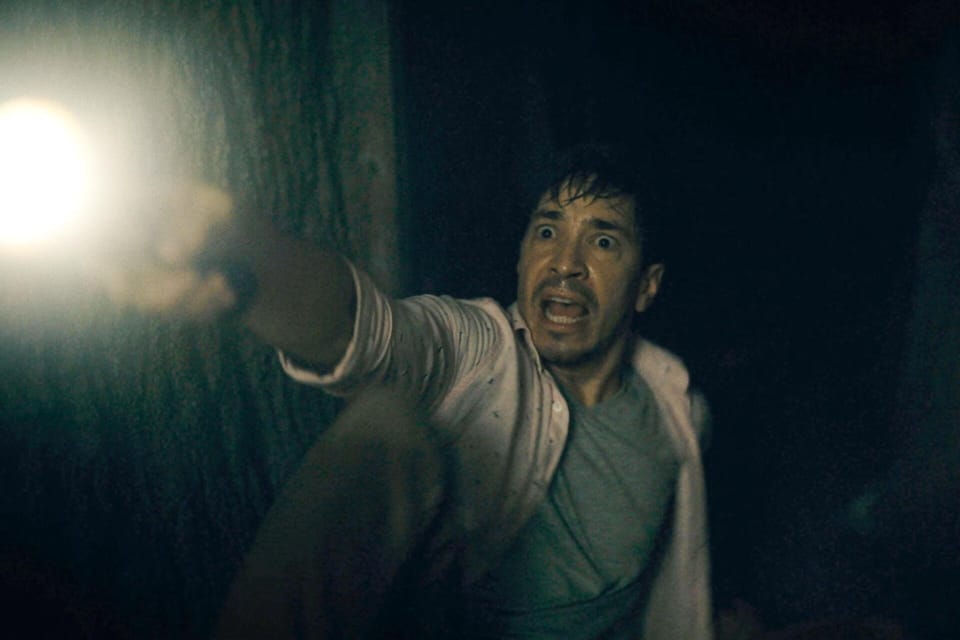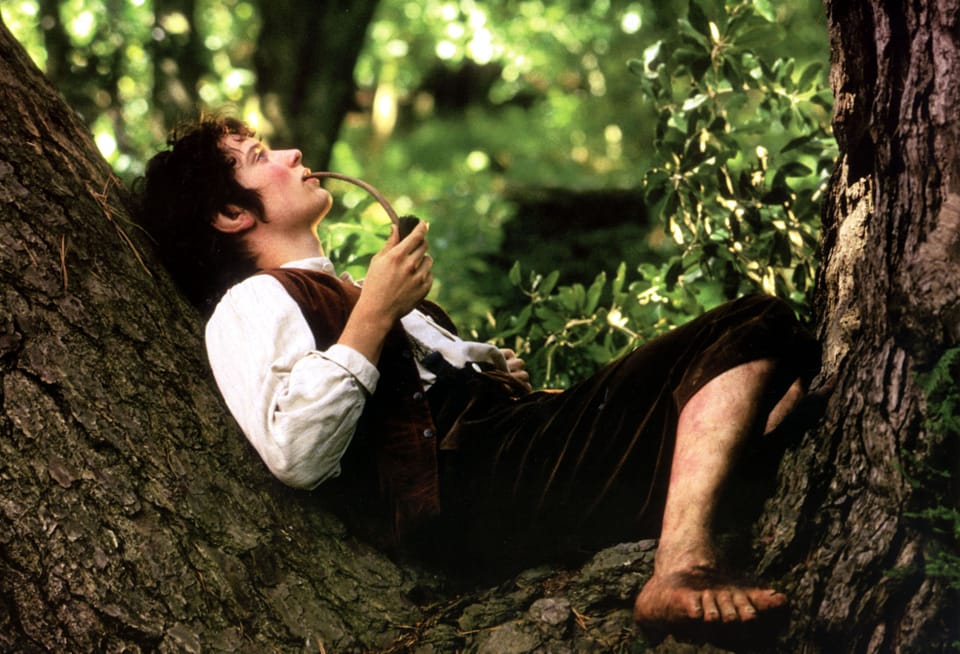Character-focused stories are easier with plot-focused dramatic questions.
I want to dive a little deeper into the dramatic question and the importance of how we frame it.
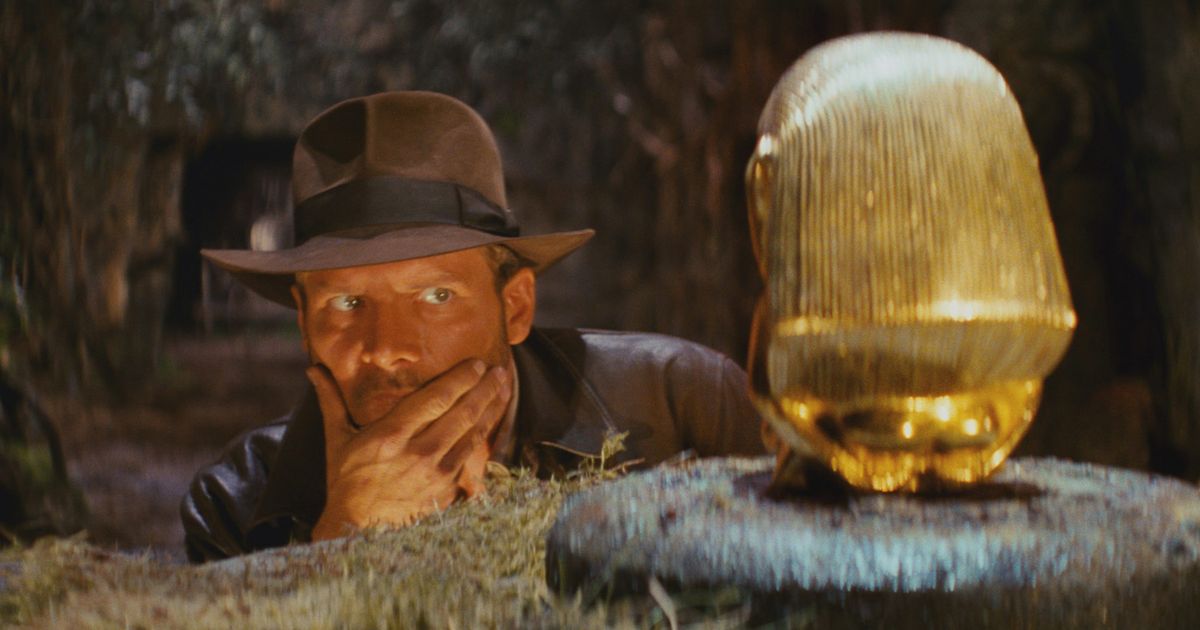
The Story and Plot Weekly Email is published every Tuesday morning. Don't miss another one.
This week, I want to dive a little deeper into the dramatic question and the importance of how we frame it.
As always, let's establish definitions:
Dramatic Question: A question asked in the form of dramatic conflict that the audience anticipates an answer to.
Dramatic writing is filled with dozens of dramatic questions throughout each piece. Moment to moment, scene to scene, act to act. But it helps a script immensely to have, above all, THE singular dramatic question.
Most dramatic questions are obvious. A character has a problem, and they need to solve it. Will they save the Earth? Will Indy get the ark? With they convince the INS to let them stay in the country? Will they defeat Thanos?
These are big, Hollywood, plot-focused dramatic questions, and they make structuring your story much easier.
But we can sometimes overcomplicate this when our piece is more character-focused.
For example, a student had an idea for a short film about a zoo keeper who kidnaps an animal from the zoo to hold it for ransom (this is not the actual plot, but I forgot to ask her if I could share the idea with everyone so I am creating something somewhat similar.)
She was not particularly interested in the ransom plot. It was the character and his relationship with the animal that she wanted to explore. That’s a good instinct, I think. But this also led her to character-based dramatic questions like, “Will he grow up?”, “Will he finally feel good about himself?”
All worthwhile things to think about for the story, but very difficult to structure around.
She finally came around to a plot-focused DQ of, “Will he give the animal back, or will he keep it?”
This was closer. At least there is a physical outcome there. But it’s still not hitting the target. Why not? Because the conflict is internal. We’re just waiting for him to make a decision about what he wants. She arrived at this DQ because he eventually DOES give the animal back without collecting the ransom, but the audience doesn’t know that. That’s not what they’re anticipating a resolution to.
The actual DQ is right in front of her. The dramatic question is, “Will he get the ransom money?” And she must answer that yes, or no, and do so in an emotionally satisfying way.
We often second guess this when the plot feels like much lower stakes than the character’s internal battle. The problem is that the internal battle does not lend itself well to a cinematic structure.
As a writer, your first thought may be, “But the story is not really about that.” Or “Does anyone really care about that?”
Neither of these things is a requirement for the dramatic question. We don’t necessarily have to care about the outcome of the dramatic question itself. Sure, it’s nice if we do, but it’s not a must for every story. What’s important is that the character cares deeply about the outcome. And we care about the character.
In SATURDAY NIGHT FEVER, no one in the audience really cares who wins the dance contest. In LITTLE MISS SUNSHINE, no one in the audience thinks the beauty contest really matters. In BOOK SMART, we’re not under the illusion that these girls can fill an entire high school experience into one night. We’re not invested in the success of that want itself, we’re invested in the characters.
We want to see what happens to them in pursuing this goal and how they handle the outcomes, and we want the conclusion to be emotionally satisfying, no matter what it is.
So if you’re stuck on the dramatic question, look to the primary want of the protagonist. If you don’t have one, create one. Don't be afraid if it seems trivial, just as long as it's not trivial to the character.
That WANT is the path of least resistance to building a structure around because that’s what will drive the narrative. We can lean on that drive for dramatic momentum, saving us from manufacturing it through each scene. (As always, what choices can we make that make our job easier.)
For our student short, the story was really about the relationship between the guy and the animal. The ransom was simply a way in. It revealed character and forced the guy and the animal together in a specific way. But we are not desperate for him to succeed in his ransom plan like we would if he were fighting bad guys and saving lives.
This is another key point to the dramatic question. It’s not always important that the protagonists succeed in getting what they want. The resolution is not locked into success or failure, a happy or sad ending. What’s important is the audience’s satisfaction.
So don’t worry if the character’s want seems trivial. As long as they care deeply about it, that is enough to drive the narrative. For us as storytellers, that want will be the easiest thing to structure your story around.
The Story and Plot Weekly Email is published every Tuesday morning. Don't miss another one.
When you're ready, these are ways I can help you:
WORK WITH ME 1:1
1-on-1 Coaching | Screenplay Consultation
TAKE A COURSE
Mastering Structure | Idea To Outline

